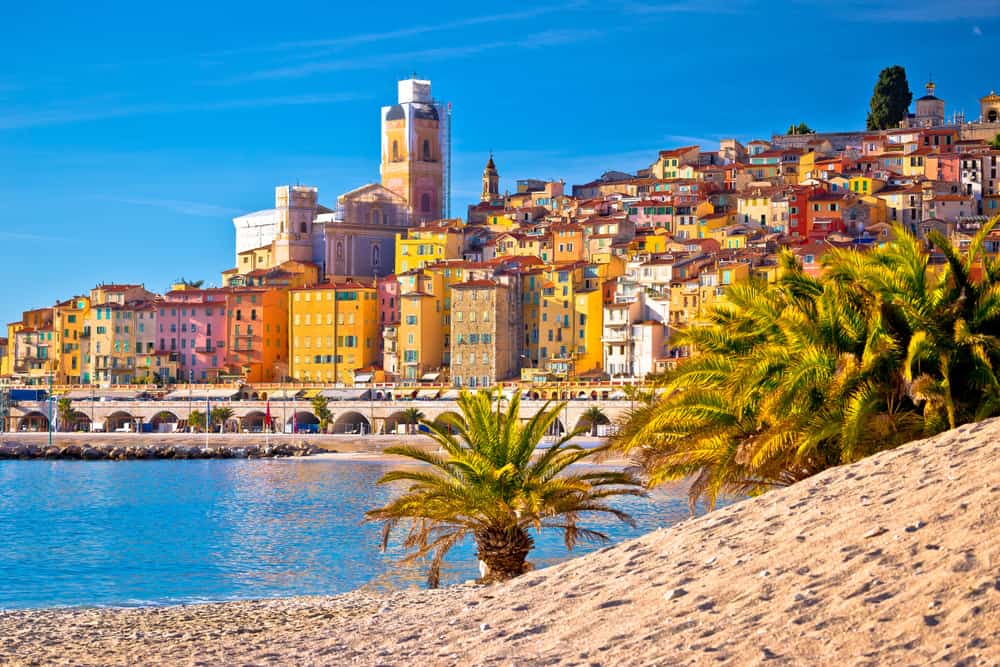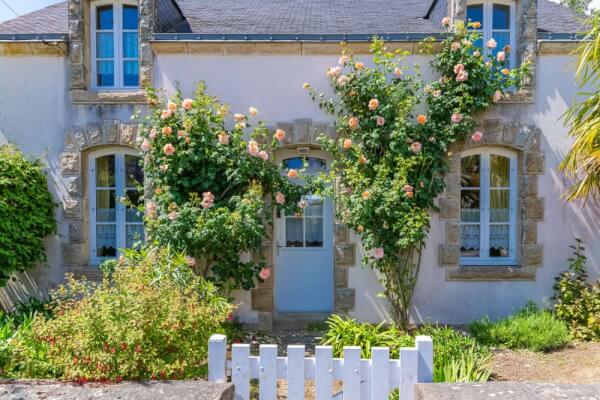French residence permit: guide for UK citizens
A guide to the French residence permit, covering who can apply, how to apply, how it works and costs.

Dreaming of retiring in France? It’s a popular destination for UK expats, with more than 177,000 living there according to 2019 data¹. It’s easy to see why, as France boasts fabulous food and a great quality of life, all just a short hop from friends and family back in the UK.
If you’re starting to plan your overseas retirement, read on. We’ve put together a handy guide on how to retire in France, covering everything from visas and money to healthcare and pensions. Plus, the best places to live in France as a UK retiree.
We’ll even throw in a handy tip for managing your money across borders. Open a Wise multi-currency account and you can whizz money between the UK and France for low fees and the mid-market exchange rate. When it comes to covering relocation costs, receiving UK pension income and other everyday expenses, Wise could be much cheaper than using your bank.
But more on that later. Let’s start with some of the many reasons why you may want to retire in France in the first place.
There are many persuasive reasons to choose France for your post-work years, but what’s at the top of your list of priorities? Let’s take a look at why France is such a good bet for UK retirees and expats:
Now, where will you choose to settle for your new life in France? Let’s take a look at a few of the most popular places in France for UK expats:

The nation’s capital may not offer the best value for money, as Paris is more expensive than other parts of France. But this romantic, metropolitan city is one of the world’s greatest cities, boasting fabulous food, art, culture and history in abundance. It could be an exciting place to make new memories once you retire.

Historic Brittany is a popular choice with British expats, mainly because it’s just across the channel. The region is so easy to get to, but there’s much more on offer here than a convenient location. It has fun, vibrant cities filled with restaurants, shops, events and festivals, along with a dramatic coastline perfect for dreamy seaside summers. Plus, property is known to be cheaper here than other parts of France.

If the sunny French weather is one of the main reasons you’re considering France for your retirement, the Côte d’Azur is the place for you. The French Riviera in the southeast of France is a breathtakingly beautiful region known for its sparkling blue seas and Mediterranean coastline. The city of Nice is one of the best cities for expats, at least according to the InterNations Expat City Ranking 2020⁷.

There are so many Brits living in the Dordogne, in the region of Aquitaine in southwest France, that the area is often nicknamed ‘Dordogneshire’. So, if you want to join an established expat community, this is the place for you.
There are other reasons to move here though. It has beautiful rural scenery, a laid-back pace of life and cheap property too, especially in the Nouvelle-Aquitaine area of Creuse which has some of the lowest property prices in France⁸.

This scenic region attracts a large number of UK expats, who flock there for its gorgeous countryside, pleasant weather and pretty historic towns, including La Rochelle and Cognac. Not everyone has heard of Poitou-Charentes, but you could find it an extremely attractive prospect once you start doing some research.
You’ll have a long list of things to do before your big move. To help your preparations, here are some crucial things you’ll need to know about retiring in France:
One of the most crucial things to get sorted before you can move to France is your visa. Now that the UK has left the EU, it’s necessary to get a long-stay visa if you want to remain in France for more than 3 months.
This ‘Type D’ visa lasts for up to a year and can be renewed. You’ll also need to apply for a residency permit. And once you’ve lived in France for five years, you’ll be eligible to apply for permanent residency⁹.
But first things first, here’s how to apply for your long-stay visa for France¹¹:
There are hundreds of clubs for retirees throughout France. These multi-activity clubs help retired people socialize and connect with each other. This is a good way to meet new people when coming to France and also a great language-learning activity.
The activities depend on the club, but they vary from yoga, choir and card games to walking and knitting. News about these clubs usually travel from person to person, but some expat groups might help.
Almost ready to make the big move over to France? Here are the key steps to complete to make sure you cover all bases:
So far, we’ve covered almost everything you need to know about retiring to France. But there’s one last important detail to explore, and that’s how you’ll manage your money between the UK and France.
Open a multi-currency account with Wise and you’ll have a quick, secure and low-fee way to cover your initial relocation expenses. You can send money to France for visa fees, rental deposits and other costs for just a small, transparent fee, and the mid-market exchange rate.
You can also swerve bank fees and poor exchange rates by using Wise to receive your UK pension payments in GBP. You can then convert them to EUR for lower fees and a fairer exchange rate, or spend from the moment you land using your contactless Wise debit card. It converts currency at the best exchange rate automatically, so there’s no need to change money or carry cash around with you.
Pricing/fees: Please see Terms of Use for your region or visit Wise Fees & Pricing for the most up to date pricing and fee information
And that’s pretty much it - all the essentials you’ll need to add to your ‘moving to France’ checklist. There’s a lot to get sorted and a decent amount of paperwork too, but it’ll all be worth it when you’re sipping a glass of red in your new French home. Good luck and enjoy your well-earned retirement!
Sources used for this article:
Sources checked on 30-April-2021.
*Please see terms of use and product availability for your region or visit Wise fees and pricing for the most up to date pricing and fee information.
This publication is provided for general information purposes and does not constitute legal, tax or other professional advice from Wise Payments Limited or its subsidiaries and its affiliates, and it is not intended as a substitute for obtaining advice from a financial advisor or any other professional.
We make no representations, warranties or guarantees, whether expressed or implied, that the content in the publication is accurate, complete or up to date.

A guide to the French residence permit, covering who can apply, how to apply, how it works and costs.

Have a look at our complete guide to selling your property in France, including the process, fees, taxes and more.

Everything you need to know about healthcare in France for British pensioners, including your rights to state healthcare and how to register.

Everything you need to know about moving to France from the UK, including visas, post-Brexit changes, cost of living and more.

Have you spotted your dream job in France? If you’ve made it to the interview, you’ve already overcome a number of hurdles, from visa qualifications to being...

With its history, art scene and cosmopolitan cities, it’s no wonder France is a huge draw for expats who are looking for a new home. But once you’ve made a...